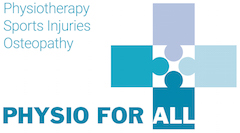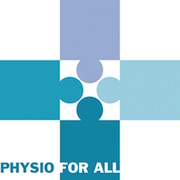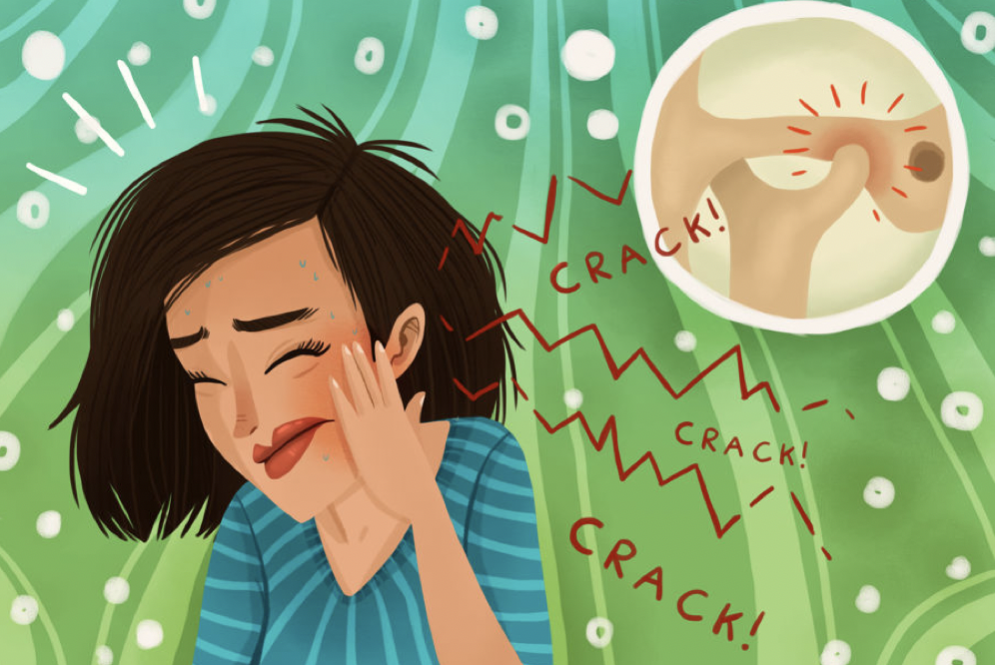Do you suffer from pain in and around the jaw? Is your jaw clicking while eating? Do you tend to grind or clench your teeth? Do you find it difficult to fully open or close your mouth? This may be due to Temporomandibular disorder TMD which can also cause headaches, ear pain, tinnitus and Neck pain. Physiotherapy can help you!
What is temporomandibular disorder (TMD)?
 This is a common condition which affects the temporomandibular joints (TMJs), one of the most complex joints in the body. The TM Joints are located on either side of the head, in front of your ears, between the lower jaw (mandible) and skull (Temporal). We use those joints all day long when breathing, talking, eating, laughing and yawning!
This is a common condition which affects the temporomandibular joints (TMJs), one of the most complex joints in the body. The TM Joints are located on either side of the head, in front of your ears, between the lower jaw (mandible) and skull (Temporal). We use those joints all day long when breathing, talking, eating, laughing and yawning!
TMD is related with pain and dysfunction in the TMJoints and/or the surrounding bones, muscles and soft tissues. Jaw problems can affect eating, chewing, mood and sleep and your overall quality of life.
What causes TMD?
Many causes have been suggested but more often it is related to a combination of factors which may include:
- Jaw and teeth injuries, TMJ articular disc displacement and arthritis
- Bruxism which is grinding or clenching your teeth especially at night
- Orthodontic problems, misalignment (malocclusion) of the teeth
- Dental treatments especially when the mouth need to be kept open for long time
- Neck and head musculoskeletal problems
- Poor posture
- Stress and anxiety do not cause TMD but can increase levels of pain
Who gets TMD?
TMD most commonly affects young adults but can occur in children and older people. Women may be slightly more likely to suffer from it than men.
It may occur when people are stressed or anxious and it may also affect those in jobs, where it is necessary to talk frequently or hold the jaw in an awkward position – for example musicians.
What treatments may be considered?
The pain can be helped by pain relieving medicines, however Physiotherapy can help manage the pain and other associated problems, such as locking of the jaw, reduction on mouth opening, dizziness and neck pain. The physiotherapist may work together with your dentist ie when you present with bruxism and malocclusion.
How can Specialist Physiotherapy help with TMD?
After a thorough assessment, a plan of treatment will be recommended and discussed according to your needs and goals.
Physiotherapy may include:
- Manual therapy of the Jaw joints and neck
- Massage and myofascial release of the tight jaw muscles
- Postural awareness and correction
- Biomechanical correction to improve the function of the TMJoint and mouth opening
- Relaxation techniques
- Prescription of a Home exercise programme
- Dry needling/Acupuncture in conjunction with manual therapy may also help with pain
- Patient education & advice
At Physio For All we have Physiotherapists who have undergone specialised training and have a key interest in treating Jaw pain and Temporomandibular Disorder TMD.
For more information or to talk to one of our physiotherapists do not hesitate to contact the practice on 020 7228 2141 or info@physio4all.com








